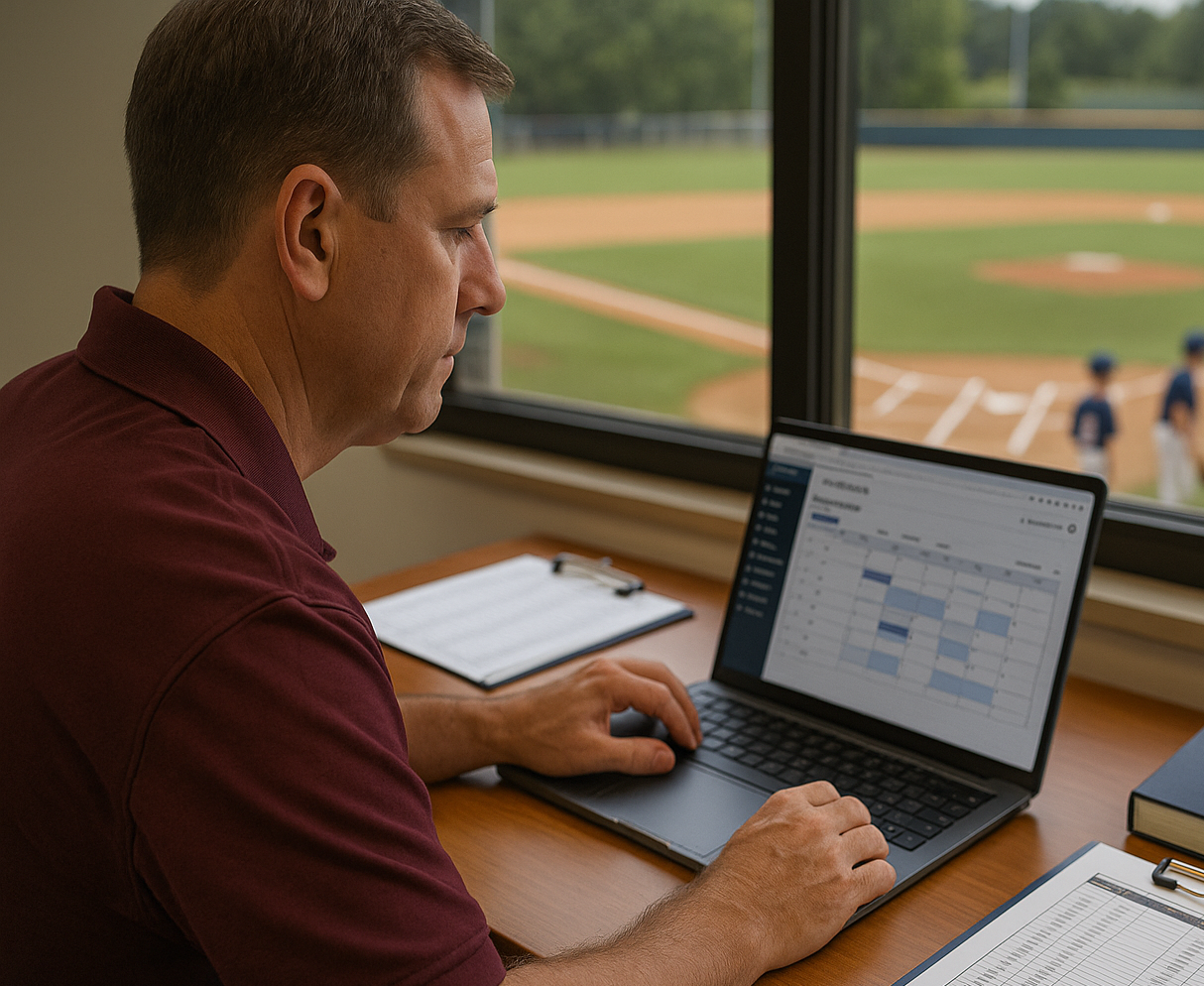Finding reliable umpires can be a challenge, especially for independent teams or new leagues. Fortunately, there are several strong resources to connect with qualified officials.
The most common resource is local umpire associations. Almost every region has an organization that trains, certifies, and assigns umpires to games. Contacting these groups ensures access to experienced officials and provides backup coverage in case of cancellations.
National organizations like Little League, USA Baseball, or high school athletic associations also maintain lists of certified umpires. These groups often run annual training clinics and can recommend officials based on experience levels.
Networking is another effective strategy. Coaches often know which umpires work locally and can provide referrals. Parents or former players may also have contacts. Building relationships within the baseball community can quickly expand your pool of officials.
Online platforms are becoming more common. Some sports management apps now include umpire scheduling features or directories. Social media groups dedicated to local baseball can also connect teams with available officials.
Colleges, high schools, and recreation departments are valuable resources too. Many aspiring or part-time umpires are students, teachers, or local volunteers who work games on evenings and weekends. Reaching out to athletic departments or parks and recreation offices can yield results.
Finally, consider creating your own umpire pool. By maintaining a list of trusted officials and rotating them through games, your team or league builds consistency. Offering fair pay, clear communication, and a supportive environment makes umpires more likely to return.
In the end, the best resources to find umpires are those that combine reliability, professionalism, and community connections. By tapping into associations, networking, and modern tools, teams and leagues can ensure their games are officiated fairly and professionally.

